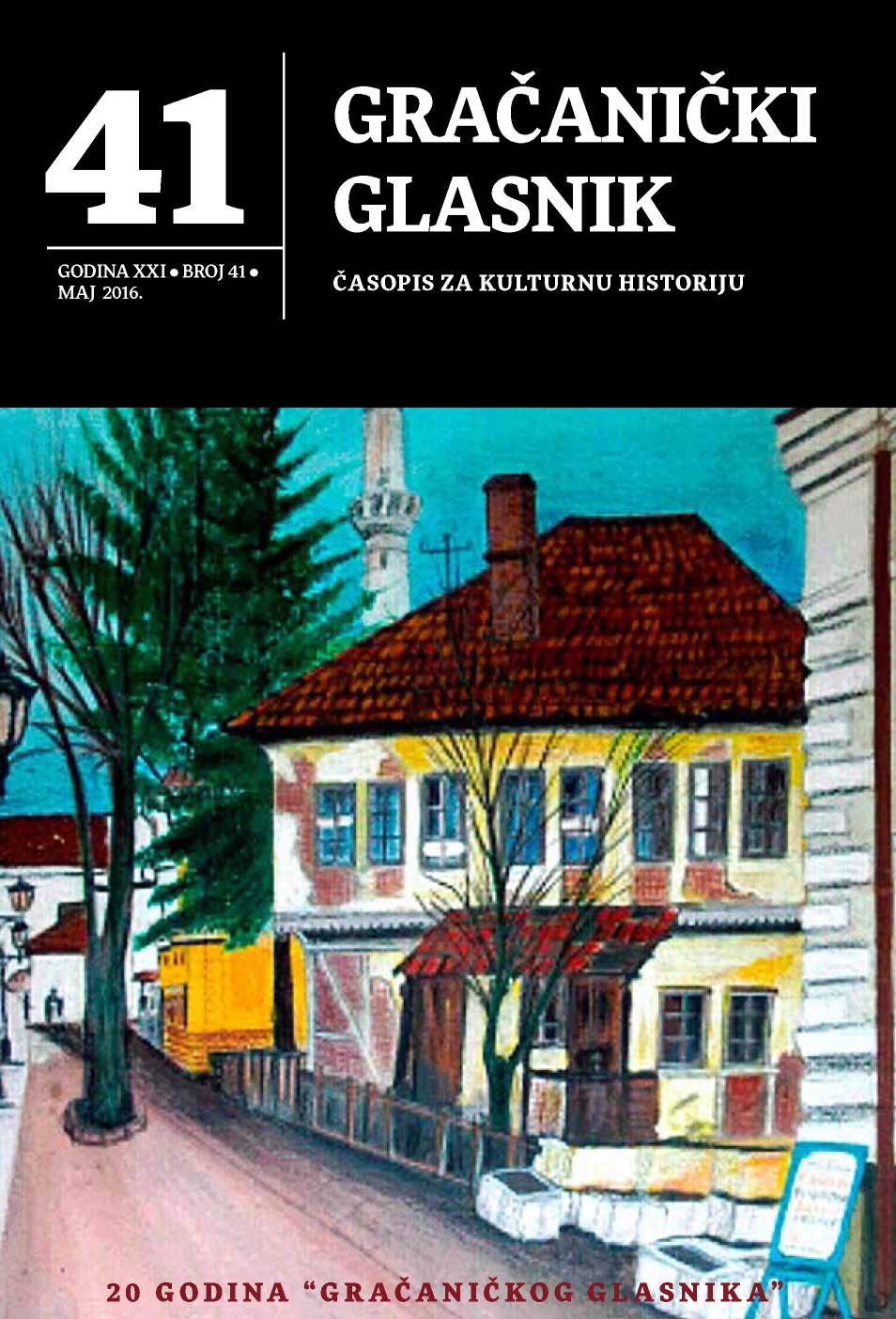Istinitost fantastičnog u poeziji Amira Brke
The truthfulness of the fantastic in Amir Brka’s poetry
Author(s): Momčilo SpasojevićSubject(s): Language and Literature Studies, Studies of Literature, Bosnian Literature
Published by: Izdavačka kuća »Monos« d.o.o
Keywords: Amir Brka; Tešanj; poetry; the fantastic; lyrics
Summary/Abstract: Amir Brka’s poems do not belong to the poetry that was intentionally written, but to that poetry that is being written from the inner need of one to express its mounting feelings. He writes the poetry of his own life and reflections, and how he himself prefers to say, he wants to “conclude the state of the spirit/of our epoch without the epoch”. That poetry, full of the deep meaningful thoughts, is commonly intermingled with the supernatural, that is, with the fantastic for the purpose of the virtual. In his literary work, the fantastic can be a product of the combination of psychologic contradictions of the creator, as well as from the uneasy morbid reality of the dark and cruel period in which he lives. The poems of that kind are sometimes born from the clash of the small man and the dreadful destructive power, and feed on the fantastic motives, that is, on the mythological material that is used as the symbol of the blooming life, as well. Amir Brka reaches his full poetical maturity in the period of great social changes and tragic crashes in all the segments of the society he lives in and in which the necessity of reinterpreting the values of the new and the old and the relation between them is imposed. In such circumstances, he reflects on human conscience, different ways of life and perception, and the fact to what extent is it possible to control life. The word is about the intimate-allusive lyrics that encompass the use of the fantastic for the purpose of the virtual, as well. His verses are characterized by the authentic expression, reflection, criticism, and pessimism to the certain extent. They are dominated by the sensibility and forethinking, but that is the kind of the poetry of the metaphysic cry with which he feels, shows and judges, as well. The circumstances in which the creator makes his poetry are definitely the reflection of what he is writing about. And in Tešanj, as in no other community, the legends and fantastic are tightly tied, which dates back even to the Illyrian period. It is the city with the past of the thick fantastic ambience, and the small dark evil spirits with thick combination of contradict are circulating through the stories of the city. In such kind of a community people never lived only of reality and for the reality, but of the past and the mythical which is the inseparable part of that ambience and perception of life and world. Amir Brka, a man of great skills, beside everything, notices even those things that are ulterior and supernatural, and surrenders to the demons of the poetry. If it is possible to understand Amir Brka’s poetry completely for someone who, besides everything, said that he “had gone to the extreme analysis of the modern world”. He is the poet of measure, whereby there is nothing too much or insufficient. By working with the fantastic, he wants to present the reality to the reader in some other picturesque and convincing way, putting the great effort so his poems could have the color of the time in which they were created, which is commonly shadowed, that emerged out of the creative insomnia. We could say that he belongs to that small group of rebellious poets in whose world we can feel jeres, and as he himself said, the spirit of the Antichrist in whose lyrics the fantastic, that is, the mythic, intertwines with the virtual, and supplement each other very well.
Journal: Gračanički glasnik - Časopis za kulturnu historiju
- Issue Year: 2016
- Issue No: 41
- Page Range: 93-106
- Page Count: 14
- Language: Bosnian

